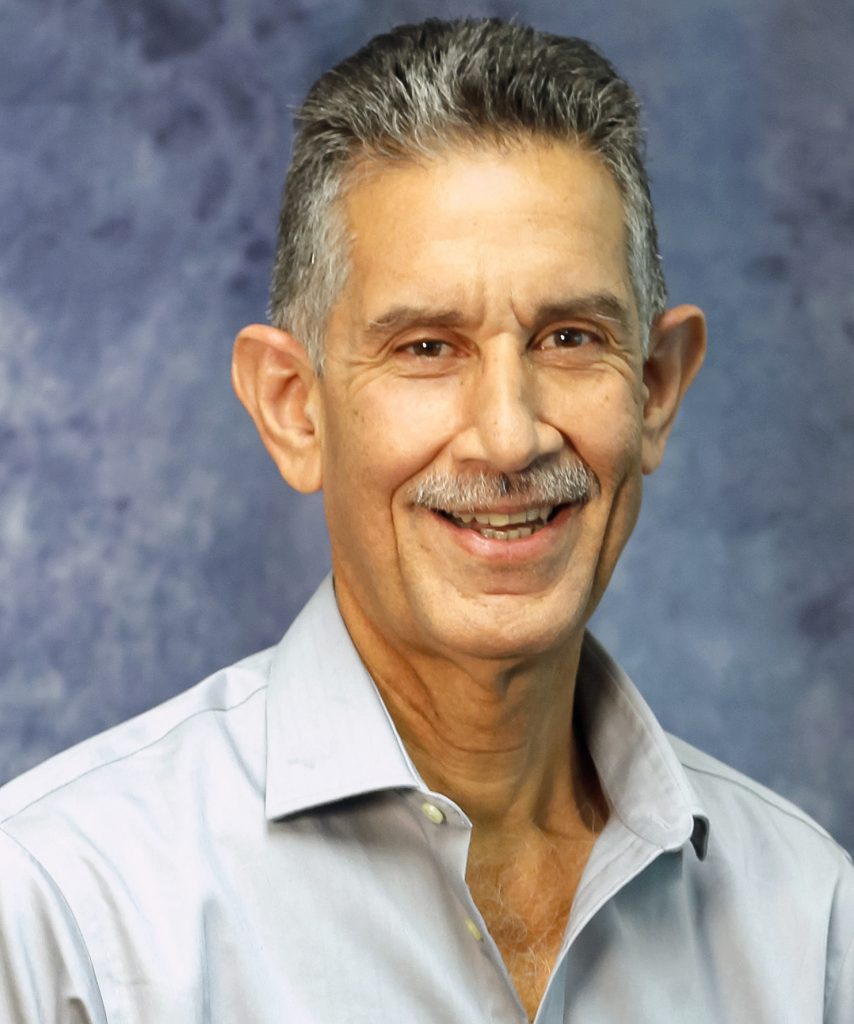
The Reverend Ricardo Mayol-Bracero, regional consultant, accompanies the members of the Continental Christian Network for Peace in theological-pastoral formation. Based in Guatemala, where he works closely with the Ecumenical Christian Council of Guatemala, he promotes these goals for peace throughout the continent: – Research: unraveling the sources and character of violence – Education: creating a network between agencies who educate for peace – Advocacy: calling for accountability – Organizing: mobilizing groups affected by violence to work together for peace
Ricardo writes – Here is a reflective note of the Honduran migration in transit through Guatemala and Mexico to the United States.
The phenomenon of mass migration, in which migrants take the road and protect themselves, is new. Up to this point, the migrants used the help of coyotes, mostly linked to criminal networks, so they were vulnerable prisoners exposed to kidnappings, extortions, the rapes of daughters, siblings and spouses, and cages in brothels, murders and disappearances. In this new phenomenon, they protect each other, and the humanitarian society covers them with gestures of faithful love to the gospel (because I was a stranger and you invited me in… (Mt 25:43).
There are networks of shelters – houses of migrants – throughout the migrant route. In Guatemala City, there is one very close to the Ecumenical Christian Council of Guatemala that welcomes migrants and where humanitarian aid (clothing, food, mats, psychologists, pastors, priests, young people, and even a hairdresser offering his talent) overflows, creating an oasis in the desert of this tortuous pilgrimage.
I came to this house to offer something of myself. There, my Honduran brothers and sisters showed themselves to me:
– We are three young people of 15 and 16 years old and an adult. We undertook the trip to the north from Tocoa, a territory controlled by drug trafficking, because we do not have studies, but we dream of a better life and having a decent job.
– Luis and his 12-year-old son, Dulce María and their 7-year-old daughter, Walter, 40 years old, and Anael, 25, all from Tegucigalpa go together. Dulce María, I bought and sold cucumbers, but many times they did not get bought and spoiled. My grandmother raised me. She is my only family. I have three daughters, and I’m the only one caring for them. I leave my land, because I want to help my grandmother. My two girls, 12 and 9, stayed with her, I brought the 7-year-old one with me. Through tears and sobs, Dulce María told me, I must support my grandma and take care of my girls. One of these days, thieves entered my little house with a broken roof, there is no rubber to prevent water from coming in, and they stole the TV and my towels. I want a better life.
-Walter: I sell cornets in the street. It is difficult to complete my sales, and one is left anguished when your wife asks you for milk for the girl and there is no money to buy it.
From the same neighborhood, the four adults and two children joined and started the pilgrimage. Dulce said, When I saw others coming out, I said to myself, I’m going to try it too. So far, it has been difficult. When we reached the border of Guatemala, we crossed by the mountain. The Guatemalan police told us, come along to sign the entry. We went with them, and what they did was return us to Honduras. Twice, the same thing happened to us until, finally, we passed. Dulce says, the hardest part of this first stage was walking a whole day and stopping when it was raining and covering the children with rubber while we [the adults] got wet in the open.
Father Mauro Verzeletti, director of Casa del Migrante, in an interview with the newspaper Prensa Libre on October 20, said that after the war Hondurans, Salvadorans, Guatemalans, Nicaraguans expected the state to be an ally of the neediest, but it established a market model at the service of private initiative. These migrations show that this model was a fiasco. These massive human displacements are the cry of the poor and excluded who no longer endure violence and poverty and who urge for a radical change of model. …
Read Ricardo’s full journal at https://internationalministries.org/honduran-migrants/